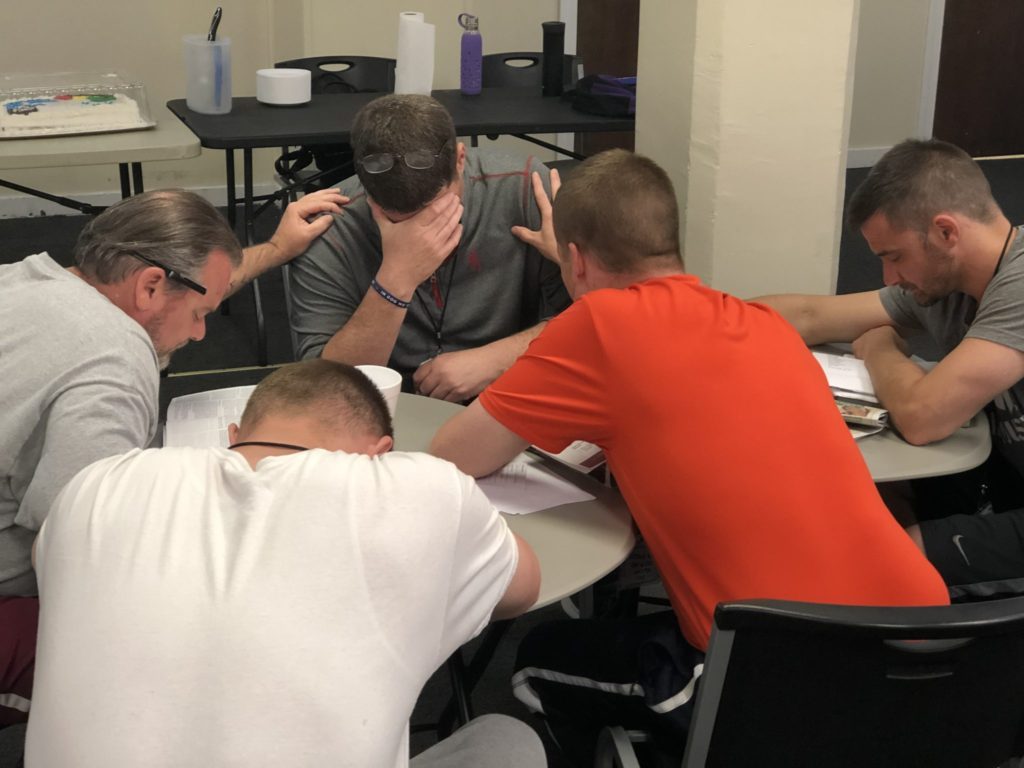
Isaiah’s Challenge; Jesus Directive
In this article, we explore the concept of helping the oppressed as stated by Isaiah and helping the least of these as stated by Jesus also includes people in prison and our responsibility to rescue them.
Isaiah 1:17 tells us to “rescue the oppressed, defend the orphan, plead for the widow.” Now, on its face, this verse seems simple to follow. But is it really? Orphans and widows, well, that’s very easy. Women who lose husbands, children without parents. No brainer, help them. The oppressed? Well those are people who are in forced labor or outright slavery, those in poverty, those who are being subjugated by brutal regimes, those who are in prison.
Wait, what? Those in prison are…oppressed?
Seems like a radical idea. And it is. We consider prisoners to be exactly where they deserve to be, to be paying their debt to society for crimes they committed for their fellow citizens. We believe there should be a certain amount of suffering endured by the prisoners as part of their sentences. Our idea of justice is for prisoners to feel physical and emotional pain/discomfort, just like the pain inflicted upon their victims. Fair is fair, right? So how can we consider these individuals who are being justly punished for crimes committed as oppressed in the spirit of Isaiah 1:17?
The key word here is spirit. Jesus said in Matthew 25:40: “The King will reply, ‘Truly I tell you, whatever you did for one of the least of these brothers and sisters of mine, you did for me’.” Jesus prime concern was not people’s material wealth but their spiritual wealth. Jesus spent most of his time not with the religious elite but with “the least of these”. The least of these included tax collectors, prostitutes, and the lepers. Couldn’t we also include prisoners?
Prisoners end up incarcerated because of bad choices they made perhaps from a lack of means but mostly – in our opinion – because of a God-sized hole that has been filled with anything but God. Wouldn’t we consider someone lacking God and being filled with the false messages of the world oppressed? Aren’t prisoners exactly among those who Isaiah is talking about in 1:17? Their physical incarceration is merely one of earthly time. This spiritual oppression is one of eternity.
Don’t we as Christians, as missionaries to the oppressed have an urgency to reach this population?
As one example, there are people who minister to those in our local jails as an alarming amount of prisoners do not have a high school diplomas and are destined to return to prison upon release because crime is the only way to support themselves. During the course of helping them to get their GEDs, these Christians also taught prisoners about Jesus and salvation and how they would still be prisoners long after their release if they did not have Jesus in their lives, if they did not give their lives over to Him.
Rescuing the oppressed in a prison ministry does not mean baking a file into a cake and helping them escape their physical confinement. Rescuing the oppressed means meeting prisoners where they are, softening hearts that have been hardened by lives of desperation, lack of means, lack of community, lack of God that have led them to a loss of their personal freedom. Will all prisoners be reached? Of course not. Some will always choose evil. But that is their choice to make, not ours to assume. It is a guarantee none will be reached if we do not act. Rescue means that at least two individuals are involved. A life ring is worthless to a drowning person if there is no one to throw it and pull the person in.
